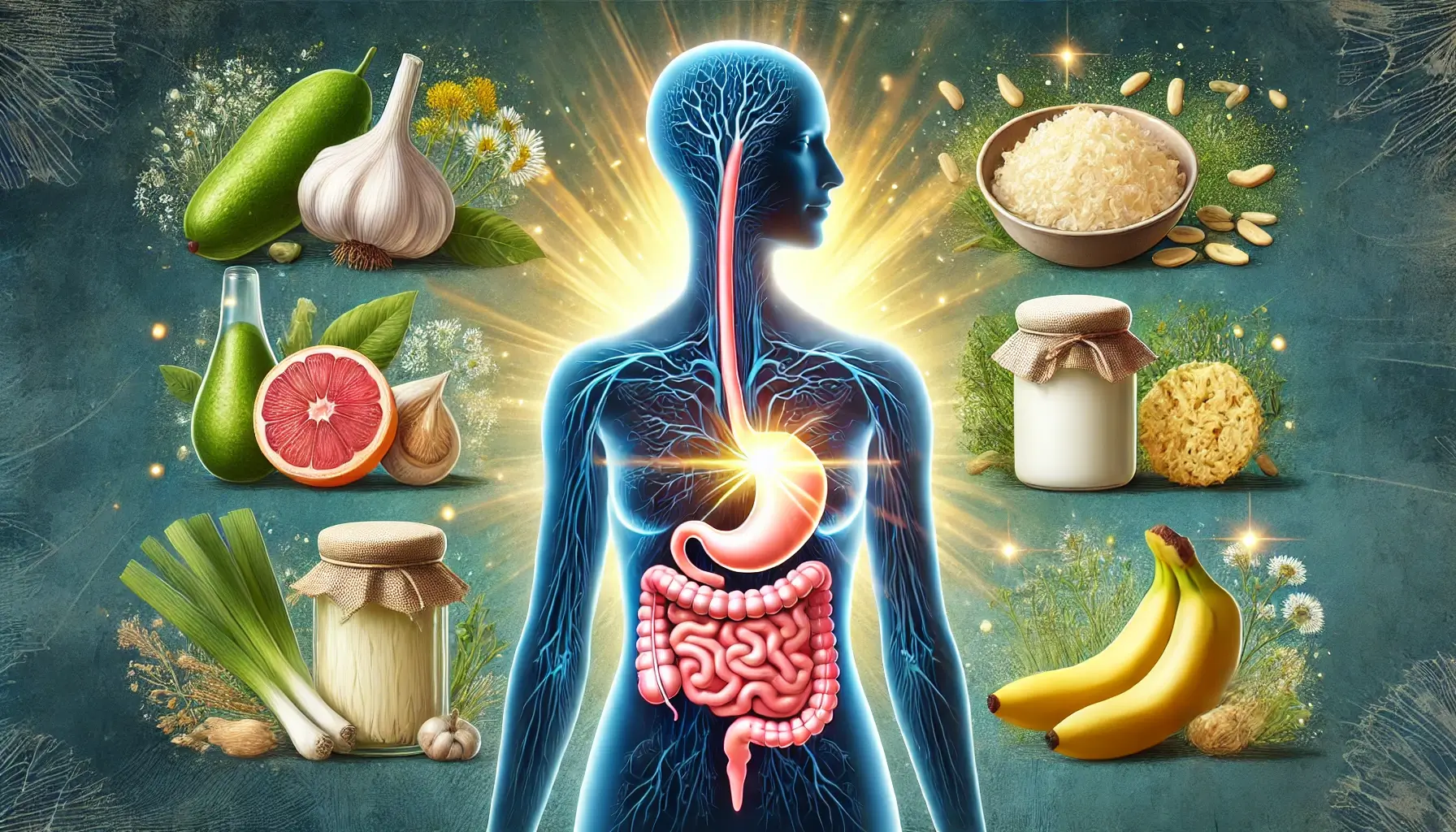Diabetes Dietary Tips: What You Need to Know for Better Health
Diabetes and Managing Your Dietary Intake
Controlling your food intake and taking medicine or insulin as prescribed by your doctor is an important part of managing diabetes. Here’s a breakdown of how food intake influences diabetes management:
Blood Sugar and Foods
Carbohydrates: The body converts carbohydrates into glucose (sugar), the primary energy source for cells. However, in persons with diabetes, the body either does not generate enough insulin (type 1) or cannot use insulin properly (type 2), resulting in excessive blood sugar levels.
Blood Sugar Management
Carbohydrates, proteins, and lipids are the three macronutrients required for human health. They are the body’s major energy sources, fueling cells, tissues, and organs to work effectively.
Carbohydrates play an important role in blood sugar regulation, which is crucial for overall metabolic health.
Choosing the Right Carbohydrates
It’s crucial to understand that not all carbohydrates are created equal. Complex carbs, such as those found in whole grains, fruits, and vegetables, are generally better for blood sugar control than simple carbohydrates found in processed foods and added sugars.
Healthy Eating for Diabetes
Focus on Whole Foods: A healthy diet with whole grains, fruits, vegetables, and lean proteins is recommended. These foods contain minerals and fiber, which help control blood sugar levels.
Portion Control: Pay attention to portion sizes. Excessive consumption, even of healthy foods, can raise blood sugar.
Carbohydrate Counting: Some diabetics find benefit in counting carbohydrates to ensure they ingest an appropriate amount throughout the day.
Glycemic Index (GI) and Meal Planning
Understanding a food’s glycemic index (GI) can be helpful. The GI ranks carbohydrates based on how quickly they raise blood sugar levels. Choosing low-GI options can support better blood sugar regulation.
Additional Tips for Diabetes Management
Eating regular meals and snacks throughout the day helps to keep blood sugar levels stable and reduces overeating at mealtimes.
Stay Hydrated: Drinking enough water is crucial for overall health and helps regulate blood sugar levels.
Consult a Professional
Consult a doctor or qualified dietitian for tailored advice on managing your diabetes through food intake. They can design a strategy based on your needs and medication regimen.













